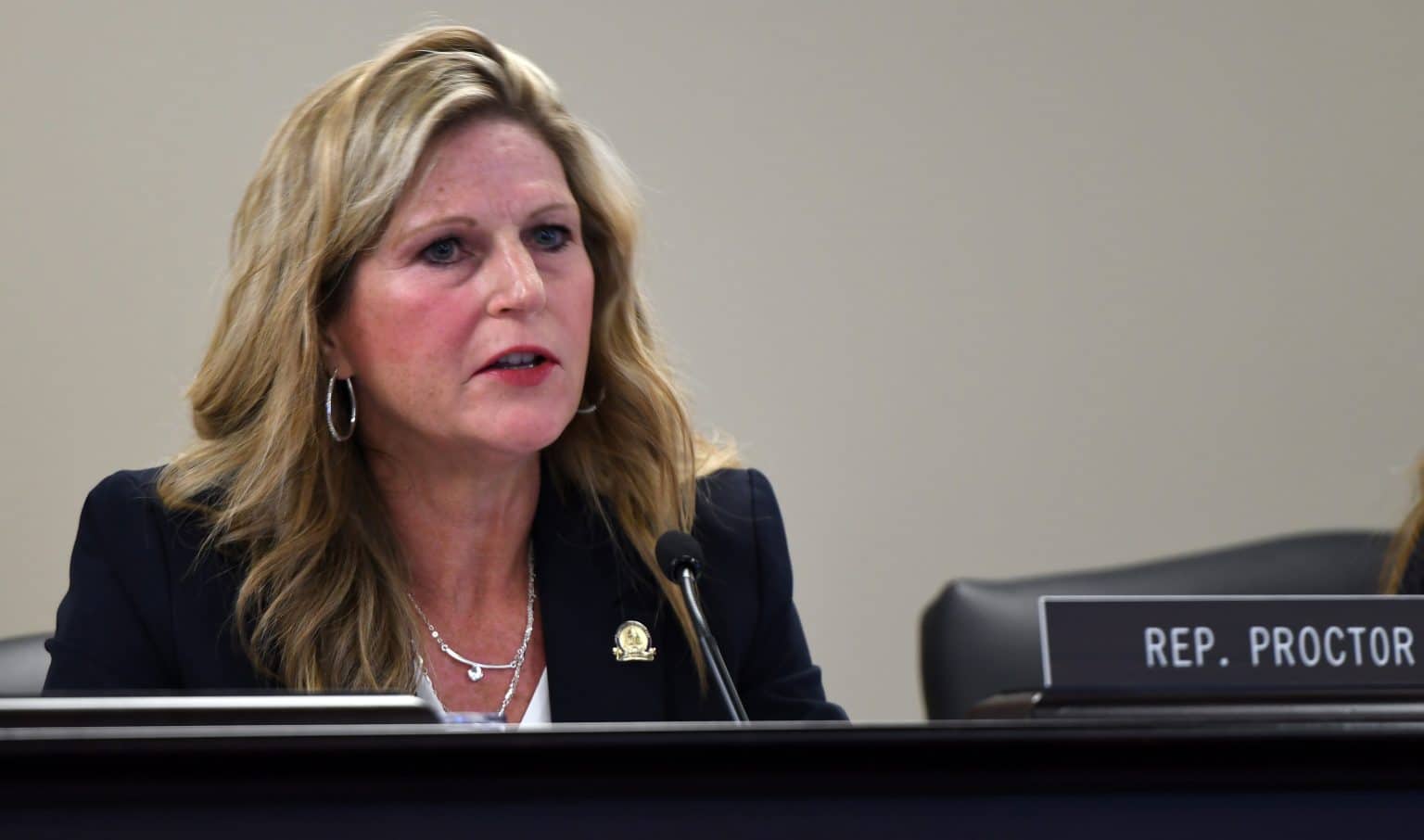Northern Kentucky lawmaker files three bills loosening certificate of need requirements
BY: SARAH LADD for Kentucky Lantern
FRANKFORT — Saying that Kentuckians should have options when it comes to where they get their medical care, a Northern Kentucky representative filed three bills Tuesday aimed at reforming the state’s certificate of need (CON) requirements.
The bills, filed by Rep. Marianne Proctor, R-Union, would increase health care expenditures minimums, removesome services like freestanding birthing centers and mental health services from CON requirements, and keep dominant providers from suing new applicants during the CON process, among other things.
Proctor broke her legislation into these three bills to, she said, keep them simpler for both the public and lawmakers:
- The first bill says facilities spending less than $10 million on a project – a new building, expanded bed capacity – would not need to obtain a CON. This bill also allows for the purchase of medical equipment without a CON up to $5 million.
- A second bill, which Proctor said some may find “ a little bit more…controversial,” would repeal the CON requirement from some services. Those include psychiatric hospitals, physical rehabilitation hospitals, chemical dependency programs, hospice, freestanding hemodialysis units, freestanding birthing centers and more.
- The third and final of Proctor’s bills would keep “dominant providers” from suing CON applicants during the review process. This bill “doesn’t change the process at all, it doesn’t take away any of the rights of the dominant provider, it just prevents them from suing along the way,” Proctor said.
To address “significant mental health crises, significant overdoses (and) drug abuse” facing the state now, Proctor wants to find a way to get more facilities in the state that can take discharged patients facing mental health issues or needing drug-related treatments.
“What I’m hearing from hospital discharges, they have nowhere to discharge their patients to. There is nowhere to go,” Proctor told the Lantern. “So if we loosen up the certificate of need, perhaps more of those facilities could be there.”
The certificate of need requirement mandates regulatory mechanisms for approving major capital expenditures and projects for certain health care facilities, according to the National Conference of State Legislatures.
Some proponents of keeping CON in place have said that if hospitals lost private pay patients, serving only people on government insurance would force them to close services or altogether.
Proctor sees that as an “invalid argument.”
“Creating more access — isn’t that what we want to do, is to give people more accessibility to give them more options, more choices?”
Sometimes called the “competitor’s veto,” certificate of need laws were in effect in 35 states and Washington D.C. as of December 2021.
Lawmakers spent six months studying the issue in 2023 and found they needed to continue studying it. Sen. Donald Douglas, R-Nicholasville, filed a resolution on Jan. 4 seeking to reestablish the task force, with the goal of considering reforms and submitting findings by Dec. 1.
Proctor said her bills “addressed a lot of concerns that my colleagues had” about CON and they are meant to “address the eminent risks that we face right now.”
She did not work with the Kentucky Hospital Association on the bills, she said. KHA representatives spoke at multiple committee hearings in 2023 and have opposed removing CON from freestanding birth centers, for example.
A KHA spokeswoman has not yet returned a Lantern request for comment.
This story will update.


